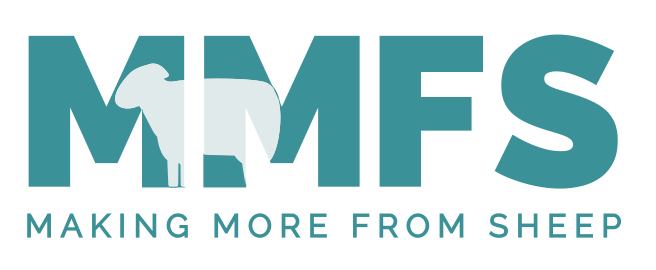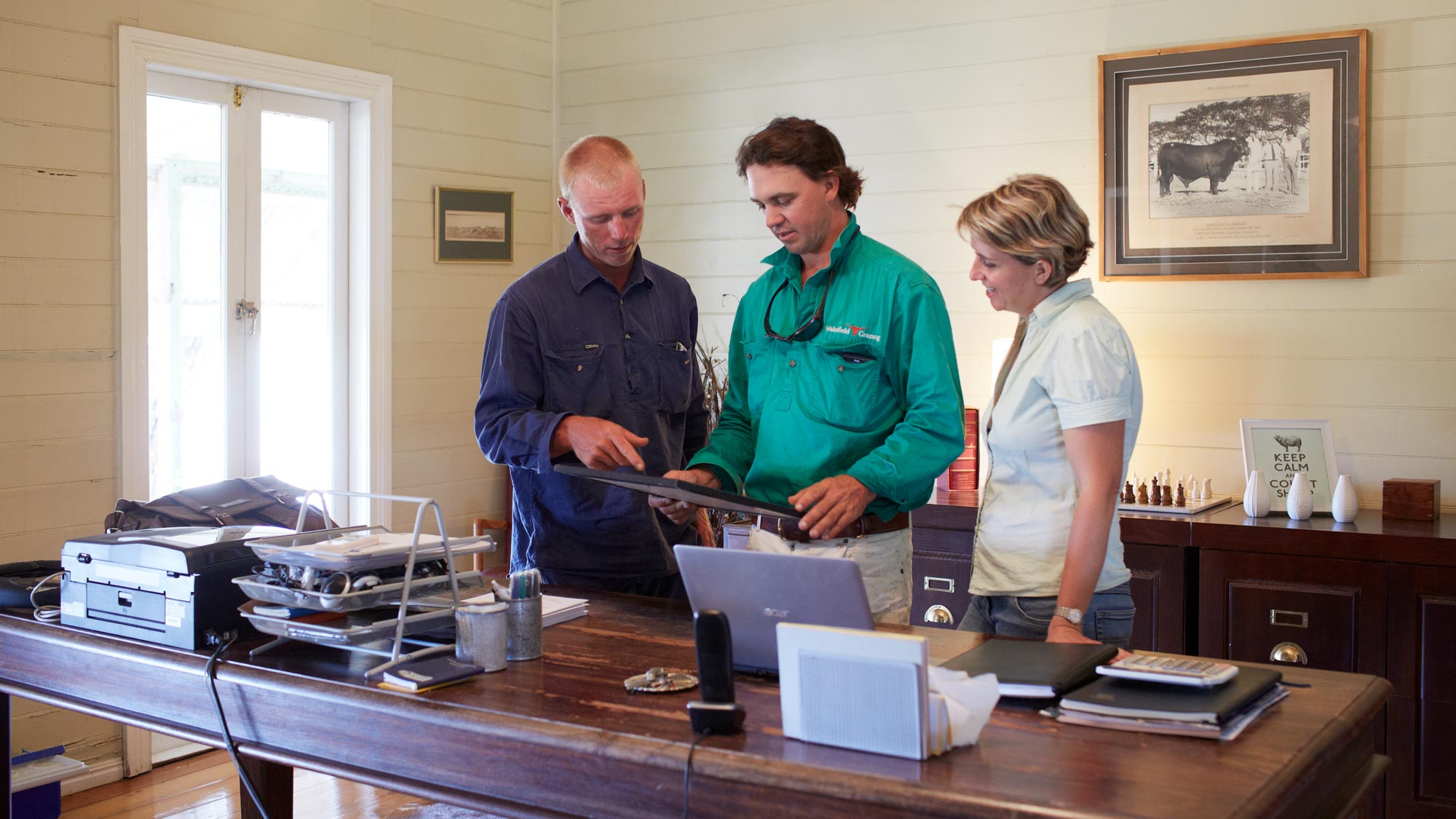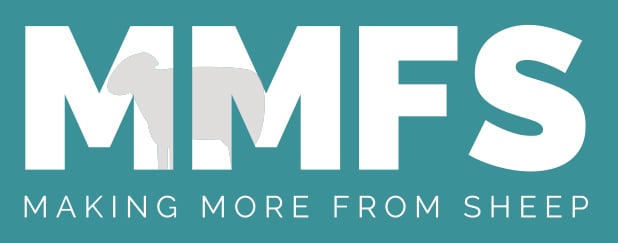Chapter 1.2 Develop a sound business purpose
Chapter 1.2 Develop a sound business purpose
Background information
The focus of this chapter is on personal and business values and goals. It links to better business planning and benchmarking procedures (see tool 1.3 and tool 1.10). Values describe the things that are important to you personally, whilst goals give you direction by naming the destination.
As values are personal, they are the guidelines for how you behave, underpinning the choices and decisions you make. Goals are much less complicated and more direct and describe what an individual or business wants to achieve.
A goal may be to reach a certain level of income, while your values will determine how you go about reaching that goal. Both have a big role in business and personal decisions, so developing and documenting them is important for both business and family.
At a glance
- Use agreed values and goals to develop a common sense of purpose within your business.
- Record and display a statement of business intent.
Tool 1.4 provides you with the opportunity to shape a common sense of purpose, based on the values and goals that are important to each individual in the business.
Determining what values you have in common and what is really important to the people in the business is not something to be rushed – thought and reflection are needed to gain agreement. Allow whatever time is needed to develop a sense of trust, ownership, commitment and unity. You can then discover what people really want. To help develop a common sense of purpose:
- Work out who needs to be involved. It is recommended that all family members have a chance to contribute to the discussion. Many businesses also involve employees in this step.
- Start with each person working individually on their values and goals. Then share and discuss these to develop a combined ‘values and goals statement’ for the business.
- Write down the agreed values and goals as a ‘statement of business intent’. Display this in a prominent location.
- Review the statement regularly. Allow values and goals to evolve over time. You will gain ownership, commitment and unity.
- Use values and goals to shape decisions. In this way the business will remain focused on what people really want.
Using this process with family and business members will assist greatly with finding and maintaining a balance between work and family time (for more on this issue, see chapter 4.1 in MMFS Module 4 Capable and Confident Producers).
SIGNPOSTS
WATCH & LISTEN
A podcast series to educate agricultural businesses on how to work through generational transfer of farms.
Stories from NSW’s best and brightest young farmers and fishers. Each episode is a candid conversation about the business of primary production.
READ
Stories from NSW’s best and brightest young farmers and fishers. Each episode is a candid conversation about the business of primary production.
Recent droughts across Australia have demonstrated the dramatic effects that climate variability can have on farm businesses and households. Here ABARES provides some insight into these issues by examining the effects of recent climate variability on Australian farms.
The resources within this guide can assist with your goal setting, provide business plan templates, and help guide you to prepare your own business plan.
A manual to assist producers with their skills to manage a successful business.
A guide to build your own comprehensive business plan, which identifies strengths, weaknesses and key performance indicators (KPIs).
How to balance intuition and logic in your business strategy.
A fact sheet to create simple and effective strategic plans for your growing business, focusing on establishing goals and actions to ensure farming businesses develop and prosper.
USE
This Australian government website has several resources, templates and checklists for business planning.
Everything you need to know to about how to write a great business plan.
ATTEND
Leadership programs and services to support people in all stages of their leadership journey. Participants will be exposed to local leadership activities in the community and relevant businesses and industries to highlight networking and relationship building and how challenges have been met with solutions.
A national program for young people in all facets of the wool industry which develops their leadership and professional skills.
A two-day financial and business management training workshop for all livestock producers. The aim is to enhance producer knowledge and skills in basic financial and business management to improve business efficiency and profitability.
Rabobank has designed the Executive Development Program and Farm Managers Program to grow business skills, strengthen networks and improve strategic management ability.






